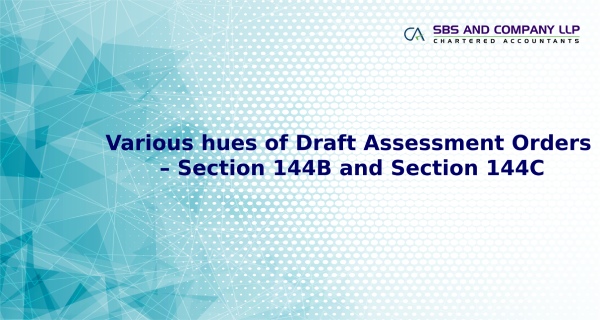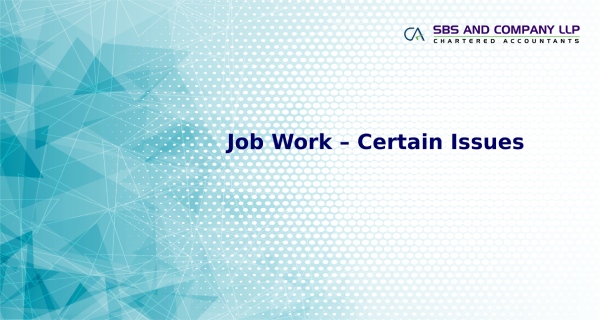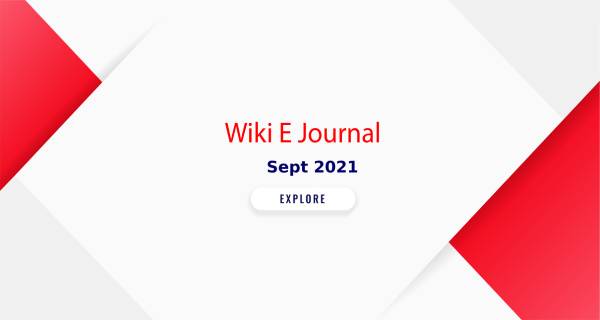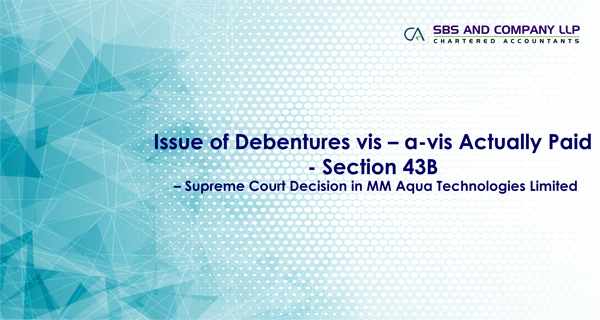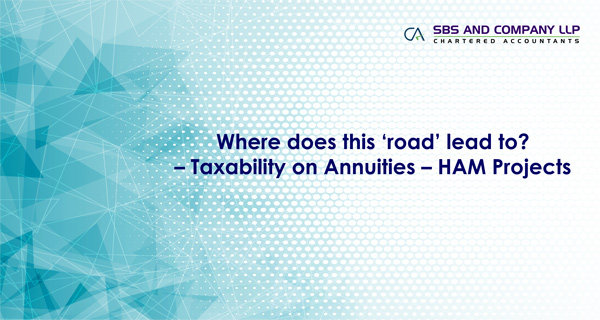- SBS AND COMPANY LLP
- Blog
- Hits: 7848
Various hues of Draft Assessment Orders – Section 144B and Section 144C
The concept of draft assessment order and final assessment order is an interesting concept to study under the Transfer Pricing (for brevity ‘TP’) Regulations. Under the old provisions of the Income Tax Act, 1961 (for brevity ‘ITA’), the concept of passing of draft assessment order was limited to transfer pricing matters and adjustment made in respect of a non-residents. Section 144C of ITA mandates the assessing officer to pass a draft of the assessment order in respect of an eligible assessee before passing the final assessment order. The objective of insertion of Section 14CC is to speedy redressal of the issue by a three-member forum called ‘dispute resolution panel’ (for brevity ‘DRP’) instead of single member forum of Commissioner of Income Tax (Appeals). Even though Section 144C was effective from October 01, 2009, the concept of draft assessment order is still a contentious issue at appellate fora.
While the issue surrounding the concept of draft assessment order under Section 144C is settling down, a new concept of draft ‘assessment order’, ‘final draft assessment order’ or ‘revised draft assessment order’ under Section 144B has come up with litigation at the judicial fora. In this article, the concept of draft assessment order under 144C and 144B has been dealt with in detail.
Read more: Various hues of Draft Assessment Orders – Section 144B and Section 144C


